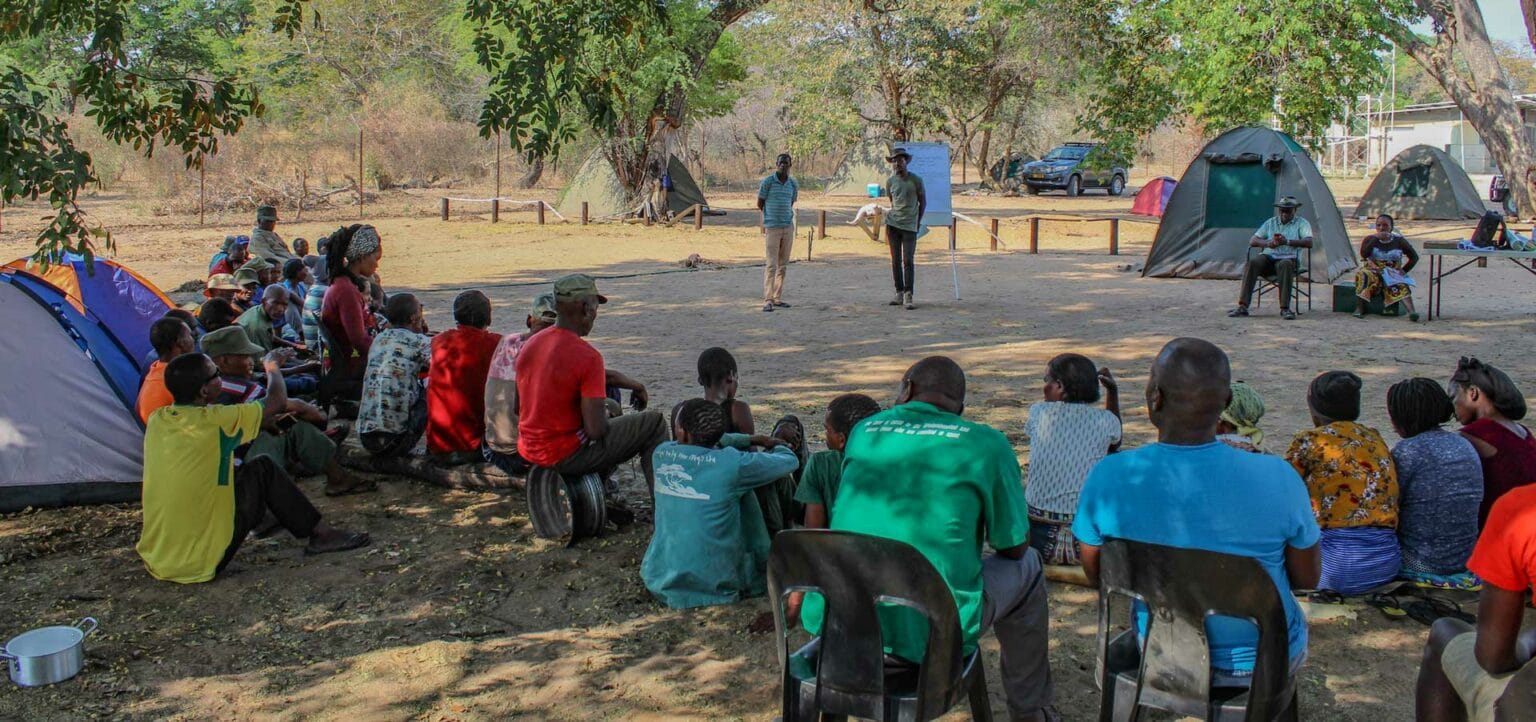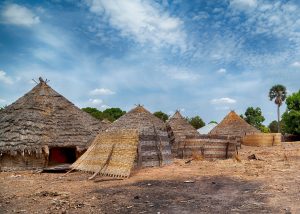Furore over Namibian community-based conservation – Africa Geographic
“Animal rights organisations seem to be strangely fixated on Namibia’s community conservation model. The reason for this fixation is obvious – Namibia includes hunting as part of its broader wildlife economy and has made greater efforts to include rural communities in conservation than most other countries in the world.”
A powerful response to a recent report compiled by investigative journalists and publicised in a Daily Maverick article that slated Namibia’s much-vaunted community-based wildlife conservation programme has been posted in Africa Geographic’s opinion editorial section on December 22, 2021. The report has incensed a significant portion of the Namibian conservation community.
The comprehensive response to the report and subsequent Daily Maverick piece was compiled by and submitted to Africa Geographic on behalf of 76 entities/people in the form of three separate posts. Together, the posts correct the numerous factual inaccuracies contained in the report, and also questions the motives of the journalists.
Animal rights organizations attack Namibia’s successful conservation model
“Animal rights organisations seem to be strangely fixated on Namibia’s community conservation model. The reason for this fixation is obvious – Namibia includes hunting as part of its broader wildlife economy and has made greater efforts to include rural communities in conservation than most other countries in the world. Recently rated second in the world for conserving megafauna (i.e. large mammals) in a peer-reviewed scientific paper, Namibia’s strategy that includes the sustainable use of wildlife is clearly working, much to the annoyance of animal rights organisations.
“It, therefore, came as no surprise when a coterie of such organisations – Animal Survival International, Animal Welfare Institute, Born Free Foundation, Fondation Frans Weber, Future for Elephants, Humane Society International and Pro Wildlife – funded this report on Namibian conservation, despite none of these organisations funding any real conservation work in the country. Since animal rights positions are effectively countered by the success of human rights-based conservation, they specifically targeted the Community-Based Natural Resource Management (CBNRM) programme.
There are factual inaccuracies in the report
The Africa Geographic article lists the allegations which are detailed in the three posts by the responding parties:
- There are factual inaccuracies in the report, as detailed below
- The critical report, while purporting to convey concern for people and wildlife, is based on a thinly veiled anti-hunting agenda
- The Community-Based Natural Resource Management (CBNRM) has never been touted as a silver-bullet solution to Namibia’s socio-economic challenges yet is blamed for several external factors that have little to do with the CBNRM programme itself
- There is no evidence that the interview “data” was gathered with the necessary permits and ethical clearance. To conduct fieldwork and social research without permits is illegal in Namibia. The methodology and scientific rigour of the report are severely wanting
- There is no mention of obtaining free, prior, and informed consent from interviewees. Some of the individuals interviewed have later claimed that their responses were misrepresented or distorted to suit the report’s conclusions. In essence, the investigative process was conducted in bad faith
- There appear to be conflicts of interest regarding the research funding and personal biases of the journalists
- The report uses disingenuous comparisons to analyse and compare hunting revenue data to that generated by other forms of non-consumptive tourism
- The report cherry-picks the challenges facing specific areas, focusing on wildlife declines in regions severely affected by drought, and socioeconomic issues in areas where wildlife populations are healthy and thriving
- Conclusions regarding wildlife populations and human-wildlife conflict (particularly concerning elephants) appear to have been based on drive-by observations over a few weeks rather than substantive scientific data produced by previous studies over a more extended period
- While the difficulties faced by rural Namibians highlighted in the report are accurate, the report inaccurately extends the blame to the CBNRM and, in many instances, fails to include vital context that might otherwise contradict the author’s conclusions



